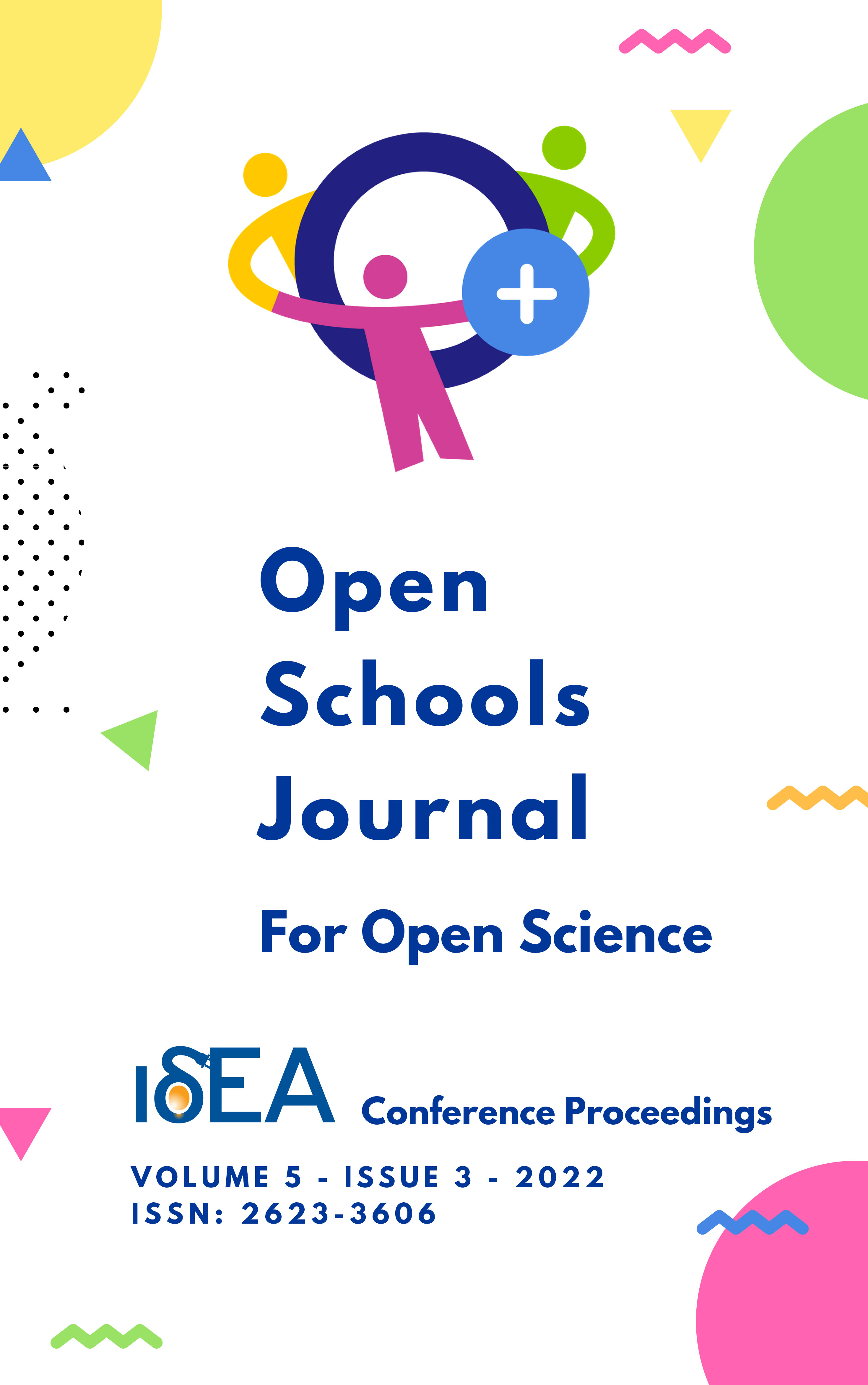ΝΕΕΣ ΜΟΡΦΕΣ ΕΝΕΡΓΕΙΑΣ: ΠΡΟΣ ΤΗΝ ΠΥΡΗΝΙΚΗ ΣΥΝΤΗΞΗ
Abstract
Με τον πόλεμο να μαίνεται στην Ουκρανία και την ενεργειακή κρίση να κορυφώνεται ραγδαία, ανάγεται σε μείζων ζήτημα η ενεργειακή απεξάρτηση της Ευρώπης από τα ορυκτά καύσιμα και η ούτως ή άλλως περιβαλλοντικά απαραίτητη στροφή προς καθαρότερες πηγές ενέργειας. Στην παρούσα εργασία γίνεται αναφορά στο ενεργειακό προφίλ της Ελλάδας, στην μεγάλη - αν και ολοένα μειούμενη - εξάρτηση της χώρας μας από τον λιγνίτη, και στο αναγκαίο πέρασμα της στην μεταλιγνιτική εποχή. Από τις ανανεώσιμες πηγές ενέργειας δίνεται ιδιαίτερη έμφαση στην πυρηνική σύντηξη, διαδικασία «παραγωγής» καθαρής ενέργειας (που πραγματοποιείται ανεμπόδιστα στον ήλιο), με ελάχιστο περιβαλλοντικό αποτύπωμα, εξαιρετικά πλεονεκτήματα αλλά και μεγάλες δυσκολίες αξιοποίησής της στις συνθήκες της γης. Μέσα από μία μεγάλη πορεία δοκιμών, τα τελευταία επιτεύγματα ανάβουν το πράσινο φως και δημιουργούν υψηλές προσδοκίες για το άμεσο μέλλον.
Article Details
- Come citare
-
Μπλάνας Σ., Παπαδογιάννης Έ., & Ποταμιάς Η. (2022). ΝΕΕΣ ΜΟΡΦΕΣ ΕΝΕΡΓΕΙΑΣ: ΠΡΟΣ ΤΗΝ ΠΥΡΗΝΙΚΗ ΣΥΝΤΗΞΗ. Open Schools Journal for Open Science, 5(3). https://doi.org/10.12681/osj.32317
- Sezione
- Greece

Questo lavoro è fornito con la licenza Creative Commons Attribuzione - Non commerciale - Condividi allo stesso modo 4.0 Internazionale.
Authors who publish with this journal agree to the following terms:
Authors retain copyright and grant the journal right of first publication with the work simultaneously licensed under a Creative Commons Attribution licence that allows others to share the work with an acknowledgement of the work's authorship and initial publication in this journal.
Authors are able to enter into separate, additional contractual arrangements for the non-exclusive distribution of the journal's published version of the work (e.g. post it to a repository), with an acknowledgement of its initial publication in this journal.
Authors are permitted and encouraged to post their work online prior to and during the submission process, as it can lead to productive exchanges, as well as earlier and greater citation of published work (See The Effect of Open Access).



